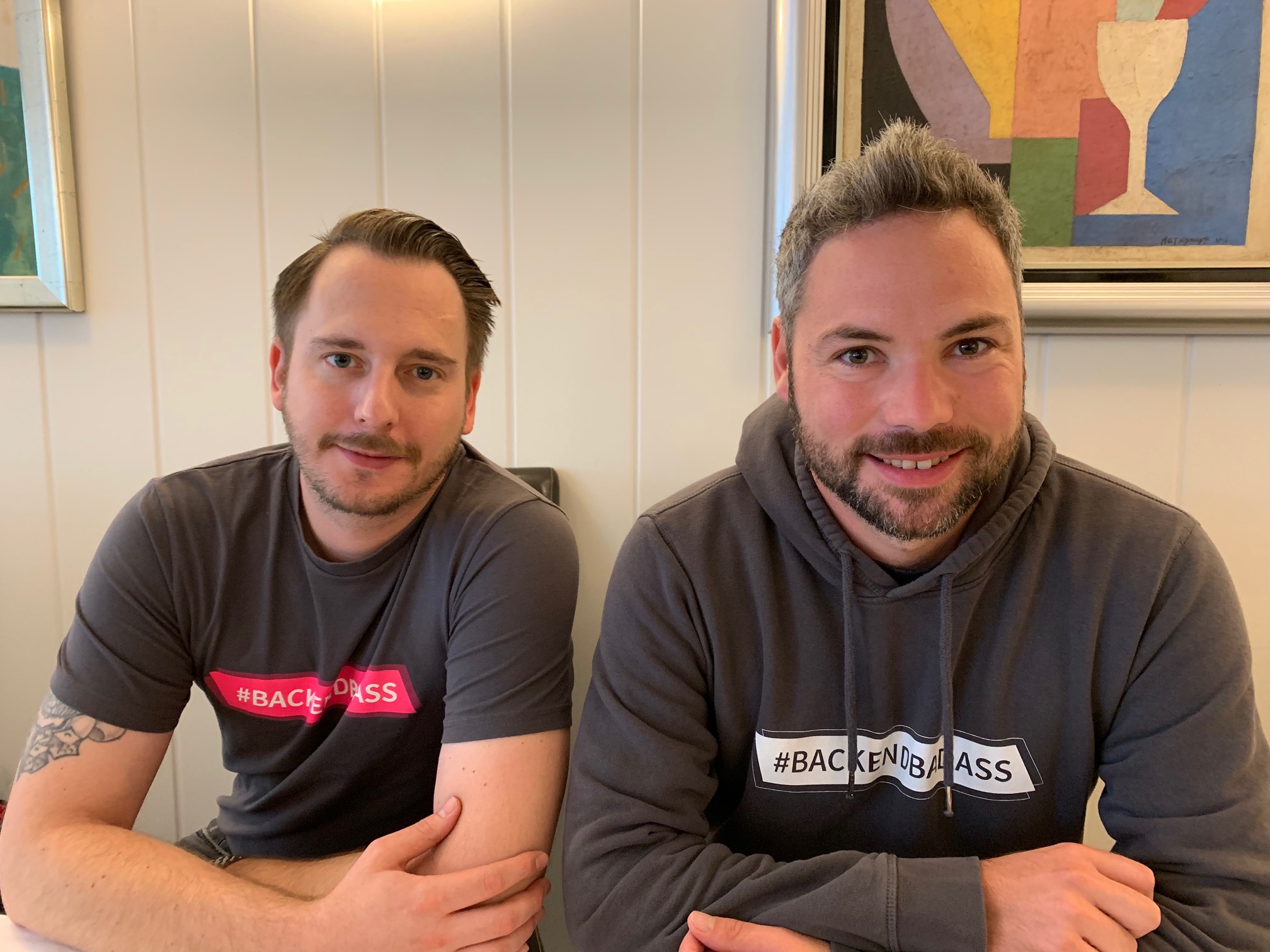Munich’s Zeuz wants to be the “backend badass” of games. That means it tackles the issues related to keeping an online multiplayer game operating on any platform or territory.
As games from smaller developers like Phoenix Labs’ Dauntless go global, it’s important to have tools and technical “badasses” that can make sure that players can access their games any time they want, from just about any location. The idea was to make multiplayer gaming flexible, efficient, and fairly priced.

Unlock premium content and VIP community perks with GB M A X!
Join now to enjoy our free and premium membership perks.
![]()

![]()